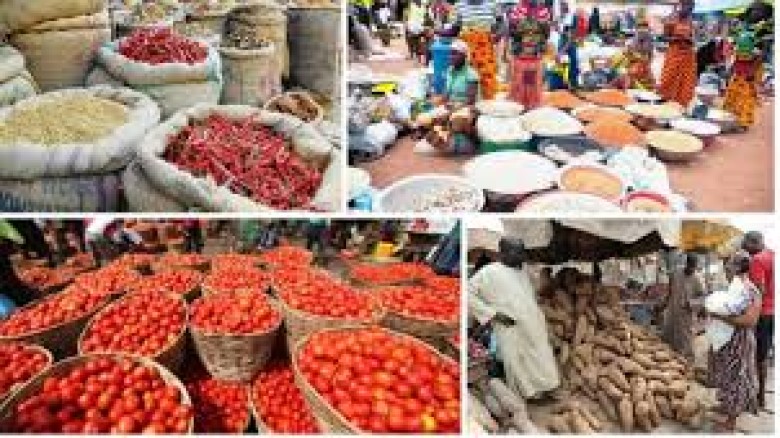33m Nigerians may face food crisis in 2025 — Report
According to the October Cadre Harmonisé Report, at least 33.1 million people in 26 states and the federal capital territory will face a food and nutrition crisis between June and August 2025.This projection comes from the CH Analysis Report, which was released in Abuja on Friday.
The UN Food and Agriculture Organisation, the World Food Programme, the Federal Ministry of Agriculture and Food Security, and other partners collaborated on the analysis.
The affected states are Sokoto, Zamfara, Borno, Adamawa, Yobe, Gombe, Taraba, Katsina, Jigawa, Kano, Bauchi, Plateau, Kaduna, Kebbi, Niger, and Benue.
Other affected states include Cross River, Enugu, Edo, Abia, Kogi, Nasarawa, Kwara, Ogun, Lagos, Rivers, and the FCT.
According to the report, this figure includes 514,474 internally displaced persons from Borno, Sokoto, and Zamfara states.
It revealed that approximately 25 million people in the 26 states and the FCT are currently facing food insecurity.
Kouacou Koffy, FAO Country Representative to Nigeria and ECOWAS, has called for immediate action and a coordinated approach to addressing food and nutrition security in the country.
He stated, "With the combined efforts of the government, CH stakeholders, and the international community, we can get closer to ending hunger and alleviating suffering for Nigeria's most vulnerable populations.
"We are facing unprecedented challenges affecting livelihoods and food and nutrition security globally, regionally, and nationally."
According to Koffy, Nigeria is facing multiple shocks, including economic factors, climate-related events, and insecurity.
He explained that the purpose of CH workshops is to analyze available food security data and contributing factors in order to identify populations and areas of the country that are at risk of food and nutrition insecurity.
According to him, the goal of these workshops is to propose appropriate measures to prevent or alleviate ongoing food crises.
He added: "CH analysis is the most reliable and widely accepted early warning tool for humanitarian programming, food security, and livelihood response targeting, as well as for prioritising development programmes."
Temitope Fashedemi, Permanent Secretary of the Federal Ministry of Agriculture and Food Security, reaffirmed the government's commitment to using the report's findings to guide food and nutrition security programmes across states.
Balama Dauda, CH Focal Person for the National Programme on Food Security, identified three key drivers of the food crisis: high food and non-food prices, flooding, and insecurity.
























Leave A Comment